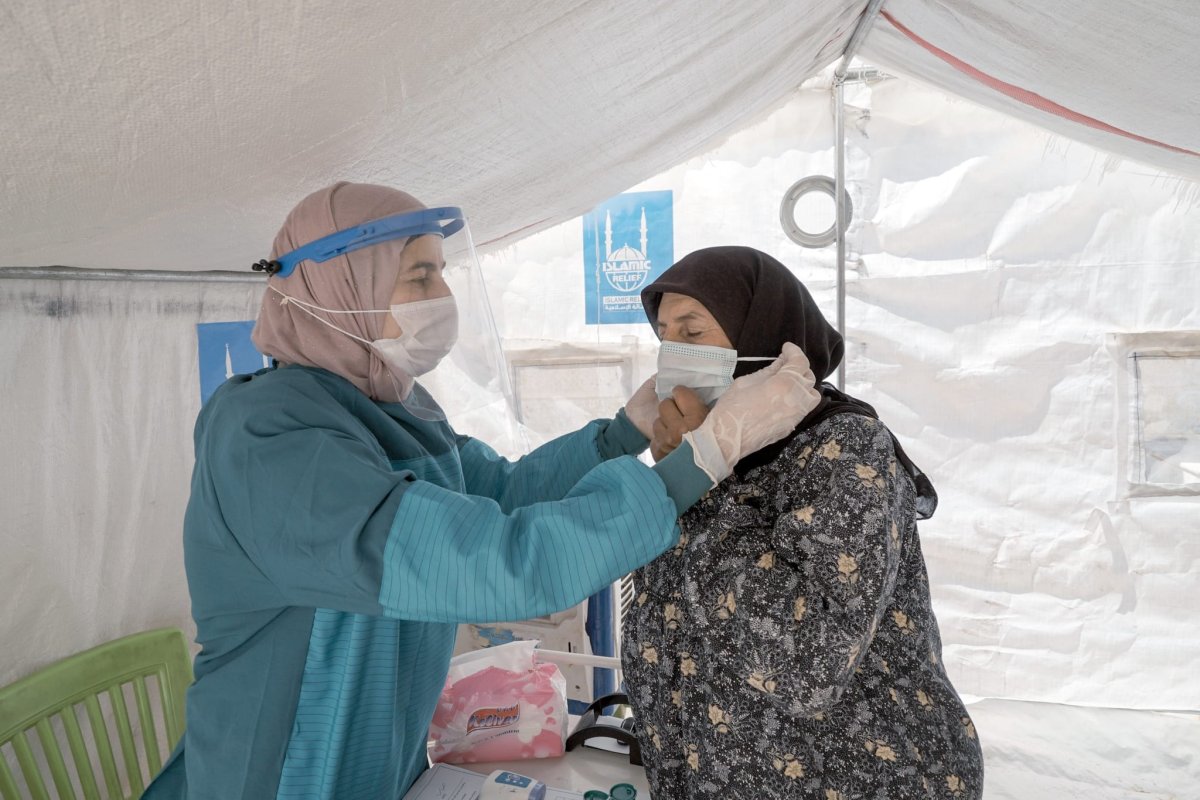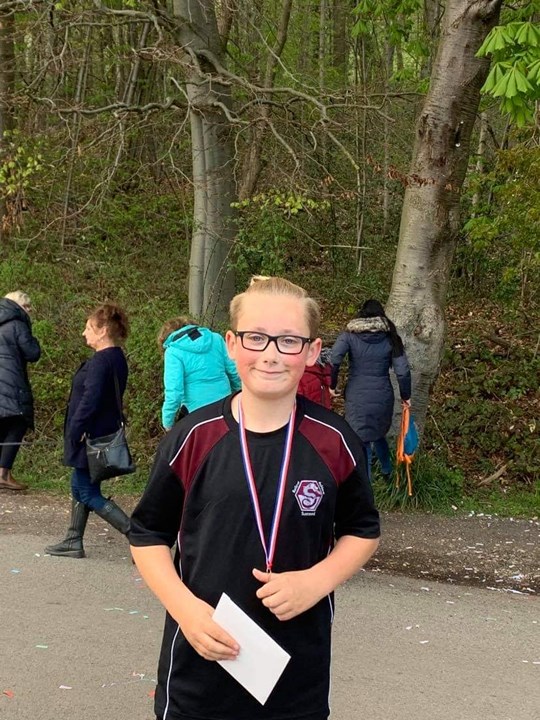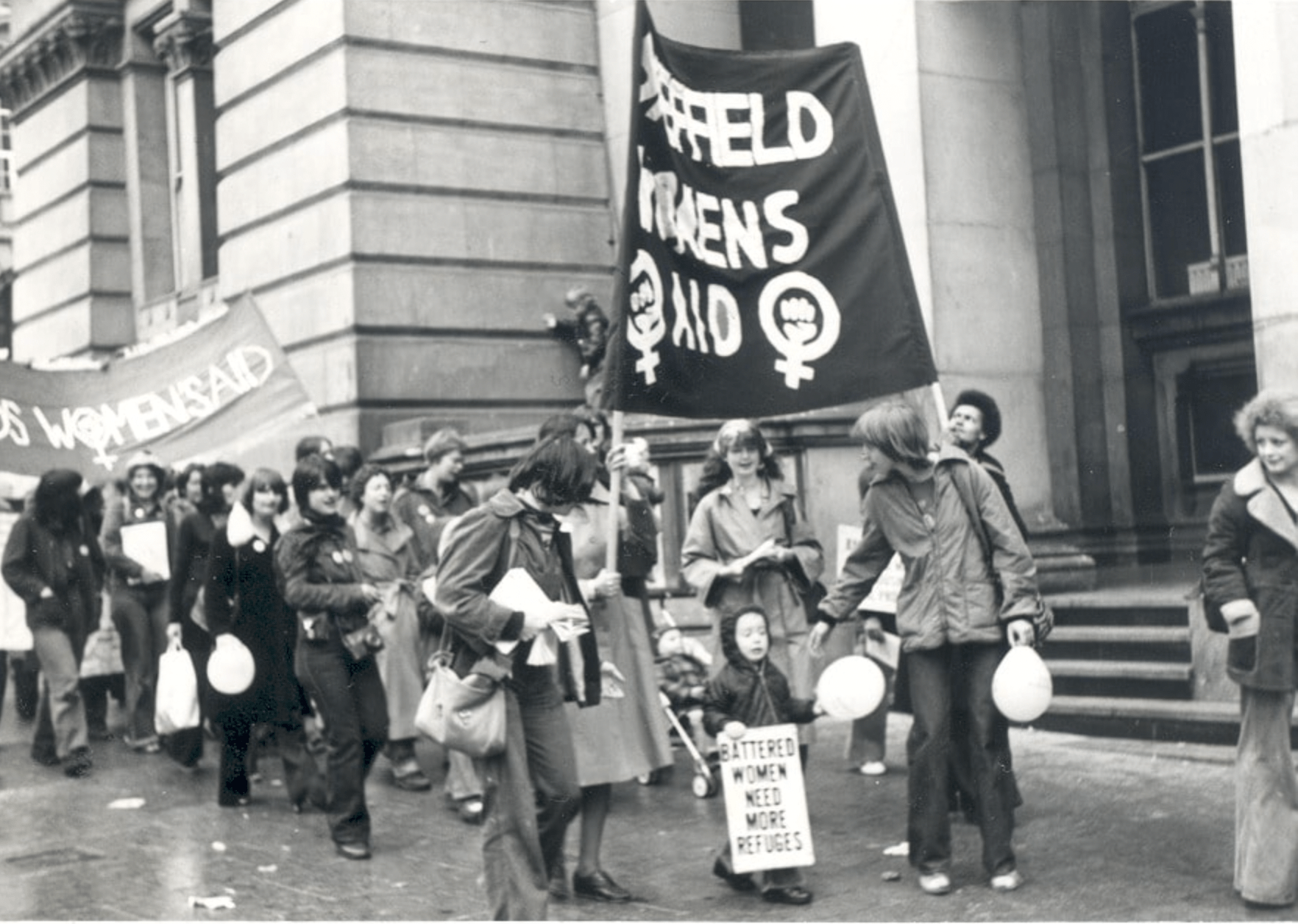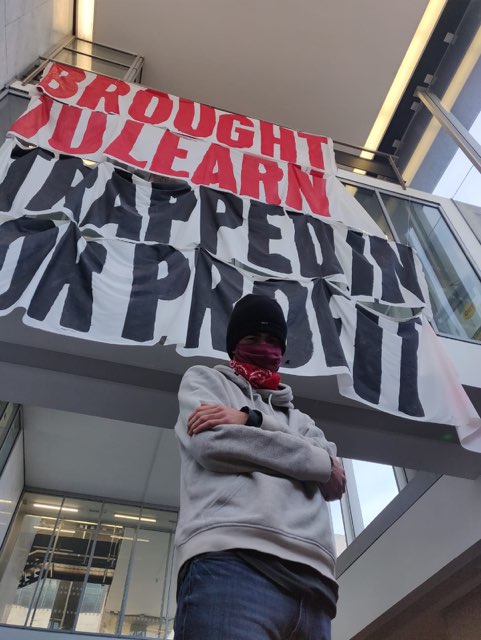Halima Hussain received a text message inviting her to take the COVID-19 vaccine last month, after pondering over it for a couple of minutes, she proceeded to delete it. She had decided she was not going to accept the vaccine.
On why she rejected the invitation, she said, “I just don’t trust it.”
“We’ve seen the medical industry disregarding the concerns and requirements of Muslim people in the past. They might do it again.”
Mrs Hussain, 53, is one of the 43% of people from BAME communities who have expressed that they will not be accepting a COVID-19 vaccine, according to a Royal Society for Public Health survey conducted in December.
This differs drastically from the 21% of white respondents who said they would not accept the vaccine. Another study showed that BAME people were three times more likely to reject the COVID vaccine for themselves and their children compared to White Irish and White Other participants.
The lack of availability of information in other languages has created difficulties for those who are not fluent in English. Mrs Hussain said her mother in-law has been receiving her information on COVID exclusively through her family members for the past year.
“Even if she wanted to go out and look for information, there’s very little that she would understand because she only speaks in Urdu.” Mrs Hussain said.
Last week was the start of Ramadan, the fasting period observed by Muslim people. There were several people within the faith who believed accepting a vaccine would result in breaking their fast. However, Dr Shehla Imtiaz-Umer, a GP and British Islamic Medical Association representative, said this was not true.
“There have been concerns from some Muslims regarding the permissibility of having the vaccine while fasting,” she said.
“Our reassurance from the British Islamic Medical Association, in line with scholarly advice, is that it will not invalidate your fast and if you are offered the vaccine, please go ahead with it.”

A Sheffield resident, Zubair Ali, 68, received his vaccination recently. He said his priority was his health and of other’s around him.
“I run my own business which has stayed open over the lockdown, so I had to do what was best for not only my family and I, but for my customers and their families.
“I am a religious man, and while there is uncertainty [on the vaccines], I am sure that passing on a deadly virus because you did not accept the vaccine and potentially killing others in the process, is not in alignment with any religious beliefs.”
The pandemic has had a disproportionate impact on people from marginalised groups. Public Health England revealed that the mortality-rate from Covid-19 was three-times higher for Asian people than for their white counterparts, and four-times higher for black people.
For the most part, they attribute this to the nature of their jobs. People from BAME communities were more likely to work as frontline workers. Despite this, they have not been prioritised for the vaccine.
The distrust of medical treatments within BAME communities has stemmed from various historical and contemporary contexts where healthcare has disproportionately benefitted white people, leaving their non-white counterparts to experience poorer medical treatment throughout their lives.
This has adversely affected the lives of many BAME people, in some cases, even costing them their lives. Many South Asian women have been dismissed by doctors for complaining or exaggerating their symptoms, despite showing obvious signs indicating poor health. This was called the ‘Bibi syndrome’, where South Asian women were accused of being paranoid and making up their illnesses.
Doctors are also less likely to diagnose alcohol addiction in Asian people compared to white people, despite having the same symptoms according to a 2016 study in the ‘Journal of Ethnicity in Substance Abuse’. Similarly, Black women are five-times more likely to die from health complications faced during childbirth simply because their symptoms were not taken seriously.
Another study done by the University of Michigan showed that professionals were 10% less likely to admit Black patients to the hospital than white patients. It also suggested Black people were 26% more likely to die in the E&D or hospital.
Dr Zubaida Haque, a member of the Independent SAGE group of scientists, told Huffpost UK: “That signals the government’s approach to how seriously they take the virus risk among ethnic minority communities. This isn’t an equalities issue – it’s a public health issue.”
“Unless over 60% of the population takes the vaccine we will not get population immunity which means we won’t be coming out of this pandemic. At the moment there’s quite a high rate of vaccine hesitancy.”
Members of the Muslim community are continuing to share information from reliable sources with their friends and families. Mr Ali has volunteered with his local mosque to translate information from English to Urdu for those who have difficulty understanding it. He said he hopes to help debunk any myths within his community.




